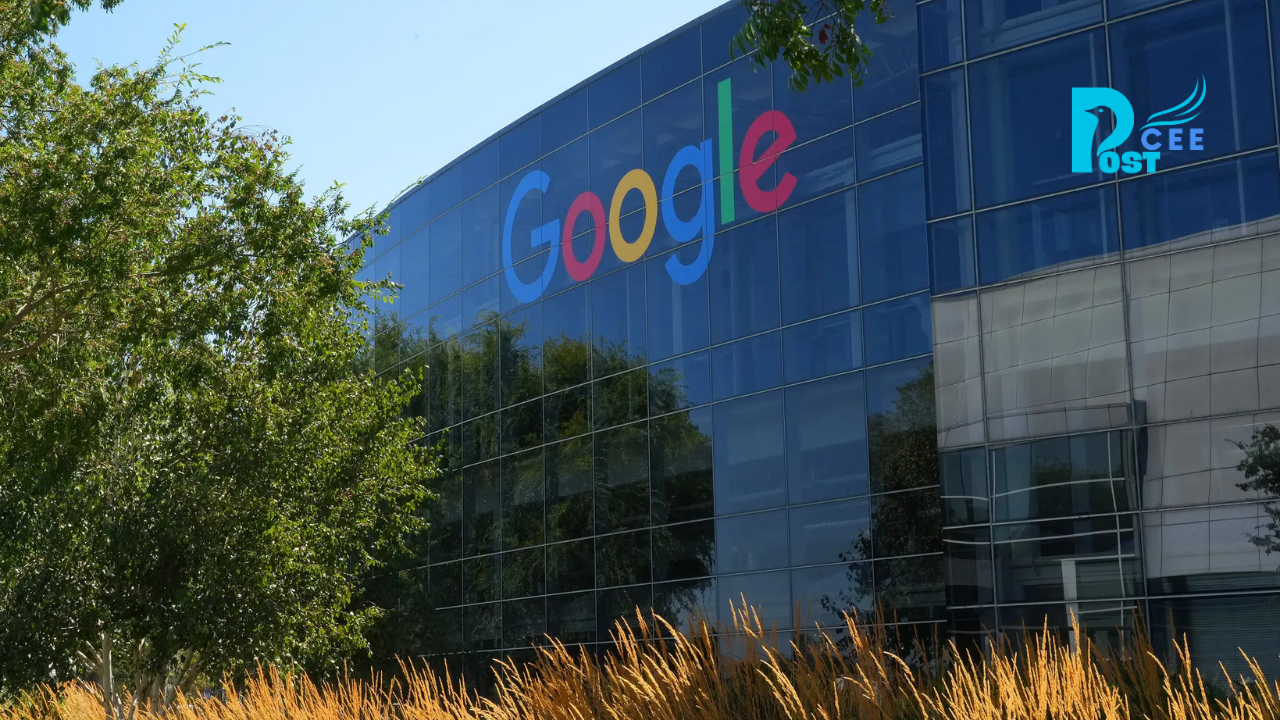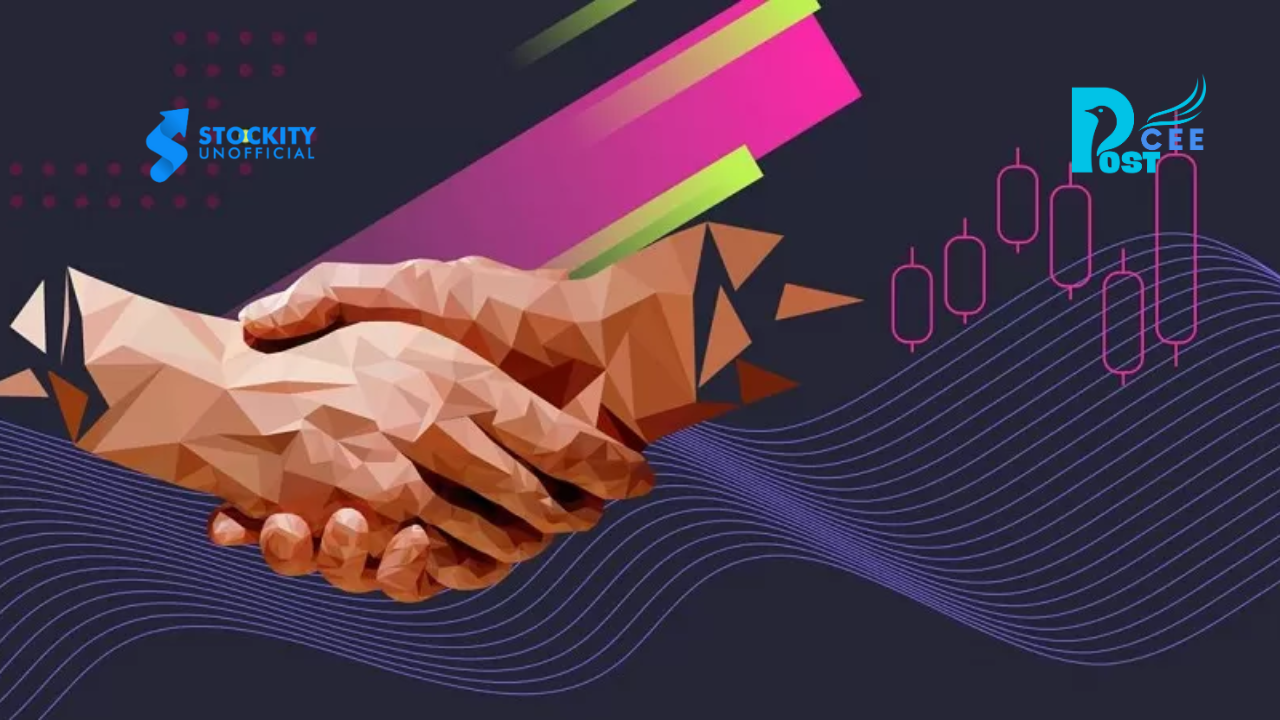In a shocking revelation, an ex-Google engineer has recently been charged with stealing trade secrets related to artificial intelligence technology to benefit his Chinese employer. Anthony Levandowski is facing 33 counts of theft and attempted theft of trade secrets from Google’s self-driving car project, which he led until 2016. The stolen material was allegedly then passed on to his own self-driving trucking startup, which was subsequently acquired by a Chinese company.
Levandowski’s alleged theft of self-driving car technology and his ties to China are no trifling matter. The United States Department of Justice has described it as “brazen theft of intellectual property,” and it highlights the ongoing battle for technological dominance between countries. The U.S. and China have been locked in a fierce race to develop advanced technologies such as artificial intelligence, quantum computing, and 5G. The stakes are high, with significant economic, political, and strategic implications. In fact, a report by CNBC states that intellectual property theft has cost U.S. businesses up to $600 billion annually.
Moreover, Levandowski’s case highlights the potential conflict between corporate interests and national security. On the one hand, companies like Google and Levandowski’s own startup are driven by the pursuit of profit, technological innovation, and competition. On the other hand, national security concerns require safeguarding sensitive technologies and preventing unauthorized access and exploitation by foreign entities. In this case, Levandowski’s alleged actions could have had severe consequences, including compromising the national security interests of the United States.
It is also essential to consider the impact of Levandowski’s case on public trust in the tech industry. In recent years, there has been growing scrutiny of technology companies’ handling of user data, ethical implications of AI and automation, and their role in shaping public discourse. Levandowski’s case could further erode public trust in the tech industry’s ethical and moral standards.
Levandowski’s case sheds light on the complex interplay between corporate interests, national security concerns and technological advancement. It highlights the need for robust measures to prevent the theft of intellectual property and to maintain technological competitiveness while safeguarding national security interests. This case also underscores the importance of ethical and moral standards in the tech industry, and the need for continuous public scrutiny and accountability.















